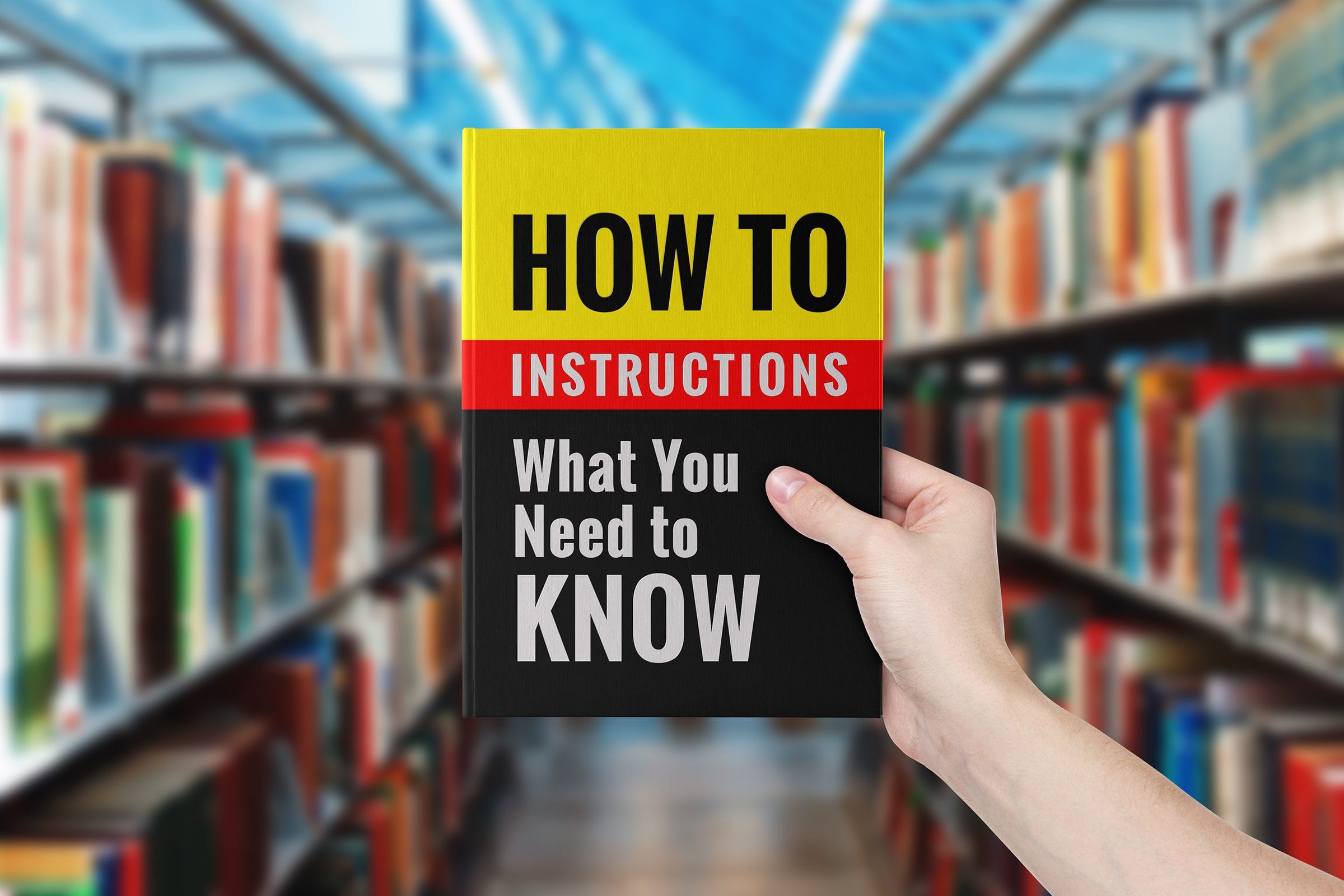

September 22, 2022
If you’ve decided to write self-help books, you’re joining one of the fastest-growing and most lucrative segments of the publishing industry. Publishers have reported a steady increase in self-help titles, and sales are steady. If you can help people solve their problems and live better lives, your book will be a success. Here are some tips to help you write a book that readers will trust.
A self-help book is a nonfiction book that teaches its readers how to overcome obstacles and solve problems in their lives. Some focus on making practical life changes, while others help them develop personal strengths like resilience or mindfulness.
Some famous best-sellers in this category include:
Each of these books focuses on a specific problem and offers a practical guide to overcoming it. You’ll also notice that the titles give a clear indication of what the book is about.
Each self-help books follow a clear, distinct format. Like genre fiction, this is a genre that requires writers to follow strict guidelines. Readers of these books have clear expectations, and your book must meet them if you’re going to capture their interest.
What is the problem your book can help your reader solve?
This should be clear and unmistakable. Your book must tell the reader exactly what to expect in the title and on every page. Don’t get sidetracked by side issues or interesting but irrelevant information. The best self-help books are compact, direct, and focused.
When you write self-help books, you must convince your readers that you’re the best source of advice and instruction. Why are you writing this book, and why should the reader trust that you can help them?
In most cases, successful self-help authors combine a professional background in the subject with their own experiences. John and Julie Gottman have written dozens of best-selling books on marriage and relationships. They are both highly respected marriage therapists and have also been married to each other for more than 40 years. It’s easy to see why someone looking for marital help would trust their advice.
Marie Kondo wrote a book, The Life-Changing Magic of Tidying Up, that became a best-seller, a TV show, and an organizational empire based on the so-called KonMari method. Kondo was a professional organizer and cleaning consultant who first came up with the idea of organizing homes by category rather than by room. Her track record made her a trustworthy expert.
You don’t need to be an expert in a specific field, but you should have some experience that helps you speak to your potential reader. Tracy Schorn, the author of the popular Chump Lady blog, wrote Leave a Cheater, Gain A Life: The Chump Lady’s Survival Guide after surviving infidelity and divorce. Originally self-published, the book became a best-seller and was picked up by a commercial publisher.
Explain why you’re the best source of advice for solving the problem. The reader should know you are a reliable guide.
The best self-help books use facts and research to back up their claims. This doesn’t mean your book has to turn into an academic dissertation, but you should include relevant facts, intriguing studies, and factual material that backs up what you are saying.
Leil Lowndes, author of books that include How to Talk to Anyone and How to Make Anyone Fall in Love with You, is a communications trainer who always includes the latest studies on attraction and communication in her books.
Look at all the diet and fitness books out there. Each one claims to be based on “the latest, cutting-edge research,” even if they all seem to interpret that research differently.
Find the studies, facts, and research that backs up your claims. It builds a sense of trust and authority.
You probably know how important a book’s cover is for selling that book. When you write self-help books, the title is the most important selling point.
Look at the titles of popular, successful self-help books. They all get right to the point. With a fiction title, you can use a poetic or ambiguous title. With a self-help book, your title must be plain and direct.
Usually, it’s a simple “How to” do something, but it can also be a title that “orders” or directs the reader to do something, for instance, Michael Clinton’s Roar–Into the Second Half of Your Life. Others use more creative titles. Braving the Wilderness: The Quest for True Belonging and the Courage to Stand Alone by Brene Brown is an intriguing title that still makes the book’s purpose clear.
How do you come up with a great title? Spend some time on it. The title is what grabs people’s attention. Start brainstorming until you have around 20 titles. Yes, that seems like a lot, but you need a good selection. Get feedback on your proposed titles, and then go back to the drawing board until you’ve picked the top five. From there, you can choose the one that’s the best fit.
When you write self-help books, think of it as a gift to your reader. After all, you’re helping them change their life, and you’re letting them do it for a much lower cost than going to a therapist, coach, or other professional. Some self-help books transform the lives of their readers. If you want your book to be in that category, keep these pointers in mind.
When you write self-help book, you help people live easier, more fulfilled lives. Once you finish your book, get it published with our help. At Publishing Xpress, we specialize in working with self-published authors who have a story to tell or valuable advice to share. If you would like a printing quote, check out our online printing calculators.
© 2025 Publishing Xpress. All Rights Reserved.